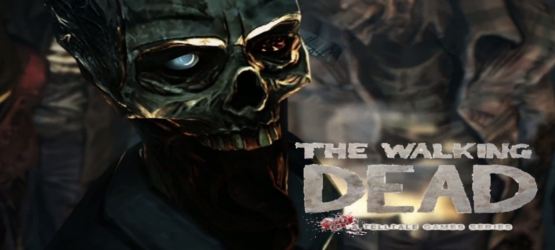With the final episode of The Walking Dead game just released, the undead duo of Dan and Seb limp through another episode of Daily Reaction. This week we discuss how influential the most successful episodic console games to date could change the future of the industry.
Dan: As The Walking Dead game was the fastest selling…






